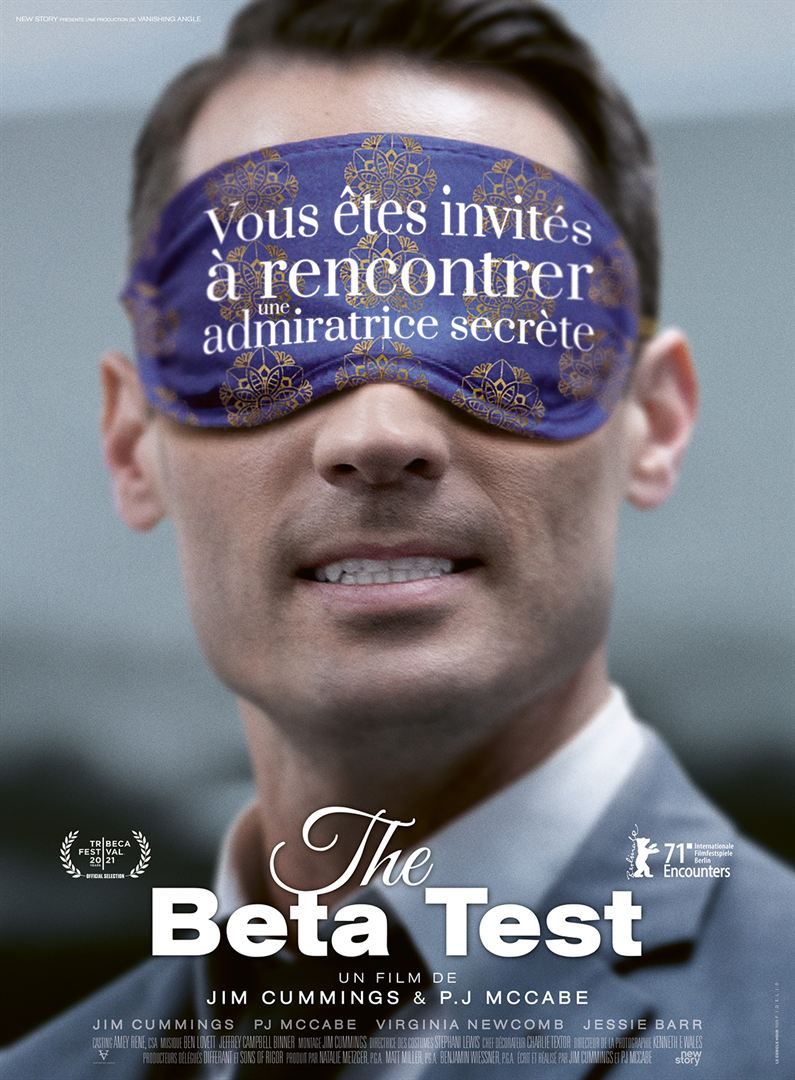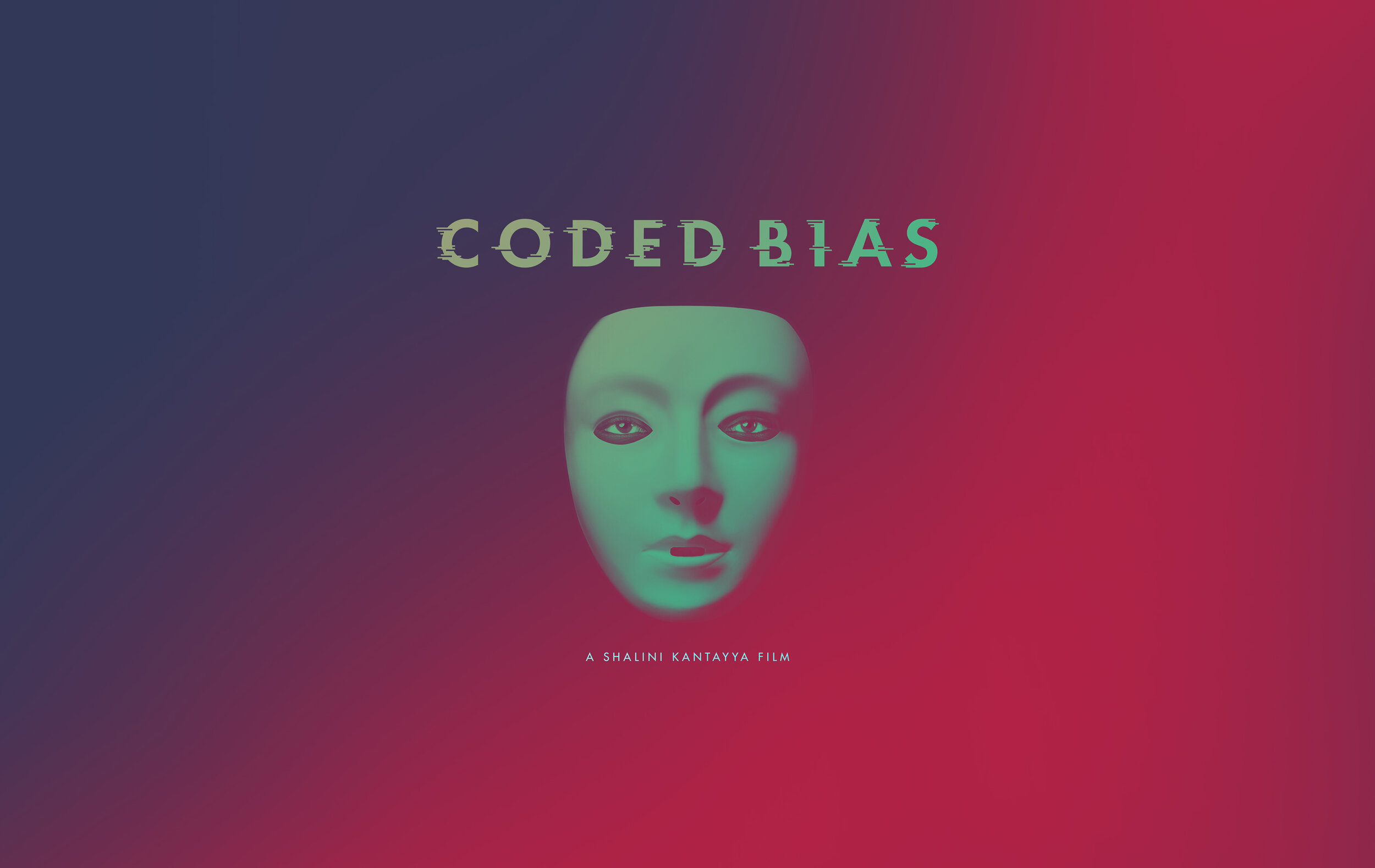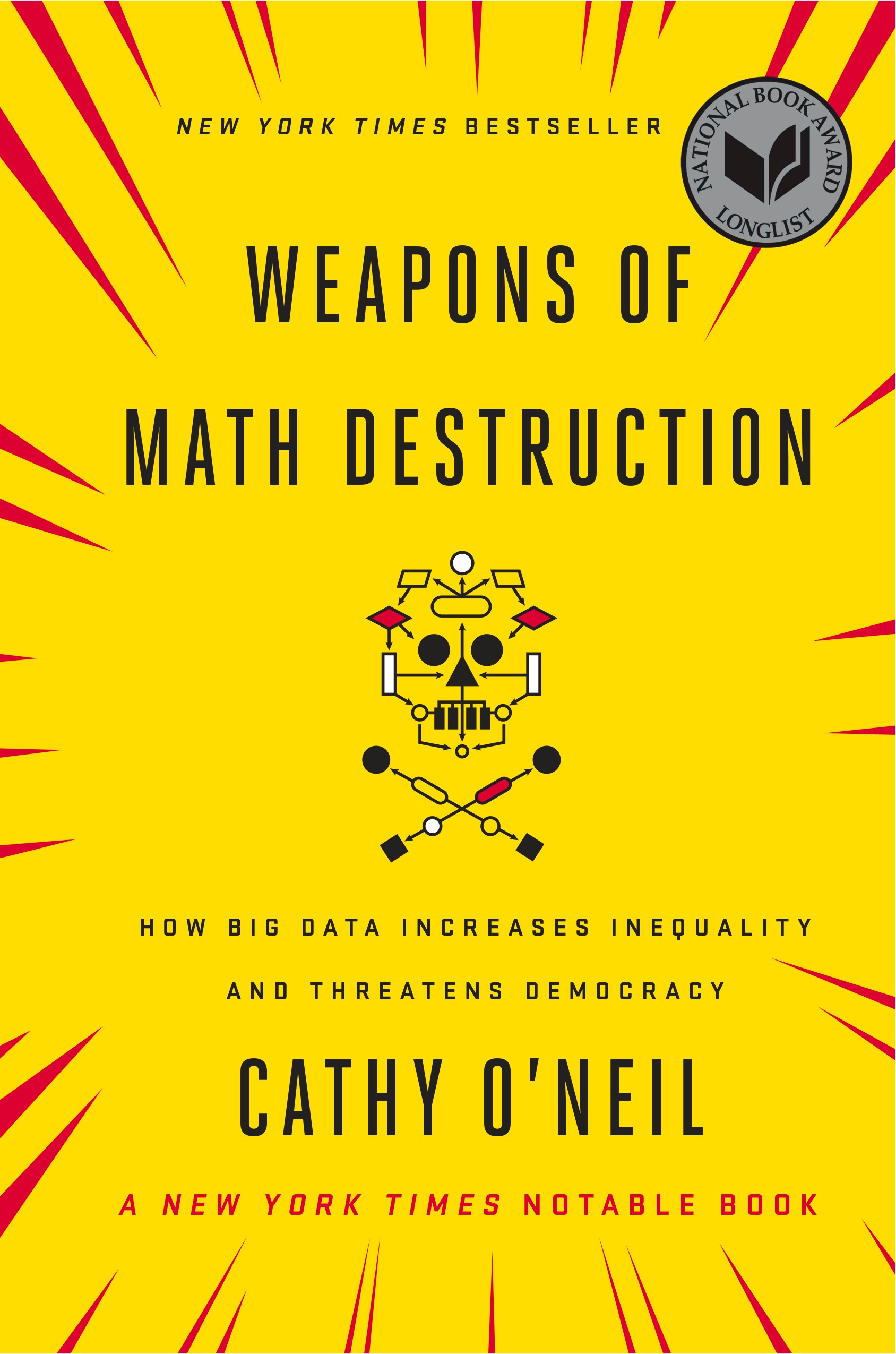Depending on where you stand on the political-economic spectrum – you might find (like me) this documentary enlightening but also completely horrific and appalling at the same time. One cannot watch this popular show from the early Reaganite 1980s without making it responsible for a lot the troubles we are facing today. One can describe it as incredibly farcical, hypocritical and sincere at the same time. It is a unapologetic encapsulation of what free market fundamentalism is purported to support (not what it actually is). It was primarily a response to an earlier landmark book and television series The Age of Uncertainty, by the noted economist John Kenneth Galbraith.
I am not posting this here in order to endorse or platform the heinous views represented and propagated here, but only because under various forms and expressions or undercurrents they are very well represented and at work all around us. Ok, cannot stop myself saying that it is also a 70s baldie porn 🙂 like one friend put it. This PBS documentary hosted by that baldie at height of his fame, a Nobel prize winner – Milton Friedman features the most known face of libertarian neoliberalism today (just consider that the Mont Pelerin Society of which he was a member called themselves proudly neoliberal way back in the 1950s!).
Hailing from the Former East, having lived through the 1990s, I have been one of these (ex-commie) socialist kids that has been raised and reeducated on free market dogma but who has lived trough Big Bang liberalization, and has seen anti statist dogma take over much of the Romanian intelligentsia. I do not think that today’s political class in Romania, with small exceptions, caters to anything less than some form of libertarian thought or pro entrepreneurial policies represented here in this documentary. Although I remember both rationing, solid education, state provided vacations in the balneo-climateric localities and the days of the planned economy where I lived my teenage years, it is hard to reconstitutie this vision today, mostly because of 30 years plus of liberalisation and free market reign dogma have wiped all that. I agree also with the fact that under containment and inner nationalistic excess Romania became more and more a sort of buffer state used by the west against Soviet Union, while Ceaușescu was courted by Kissinger and Thatcher. Also fucking hated the PTTAP exercises in front of the school even if they kept you healthy and where supposed to build up patriotic spirit. Pionieri organizations was also not for loosers with poor school track record like me. Anyway those years are indelible. Under the circumstance Romania had it easier than Russia during it’s Privatisation phase, but it was still a time of hustling, being poor and waiting for visas, losing all your saving in pyramid schemes, and witnessing how the state was being captured from the 90s on by oligarchic interests, punctured ny US military black sites and enslaved by public private /corporate deals.
It is a good bet to say that the kind of free-market libertarian militantism represented by this series and this episode, in particular, guided many governments and brought us to where we are right now, especially in terms of fighting against democracy, denying climate change and deflating politics. Since the late 70s we have seen the cavalcade of the Chicago Boys (Friedman was perhaps the most famous Chicago boy) from Chile to South Africa to Bucharest and to Moscow. The dreams of Reagan and Thatcher in the UK were spiked by the holy word of these economists. They come in several flavors – and Quinn Slobodian a historian of neoliberalism has in his last (great) book Crack-Up Capitalism: Market Radicals and the Dream of A World Without Democracy (2023) basically made a taxonomy of their anti democratic dreams and also made me search for this documentary series and try and watch it. Far from being the end of history the nation state was seen as an impediment in the face of the Zone. And I also mean here the Romanian Km Zero – in Piața Universității Bucharest. This used to be called anti communist zone, basically a zone free of communism and also protection. In the end the protesters from the early 90s dreamed about full capitalism.
To be precise – I wanted to watch the first chapter on Hong Kong, because it was the first on the freedom index, the fist city-state model idolized by the neoliberal free market radicals. Why? Quinn discusses at large the context of the series and of “uncle Miltie” standing smiling with the back on the HK skyline of tall thin scrapers. For many HK was just Jackie Chan, the martial arts kung fu movies or the toy industry. HK was one of the “Asian Tigers” but it was also a model for deregulation which amounted to the fact that the tiny city-state and financial capital of Asia was being ruled like a corporation. The highest position was that of an economic Chief Executive (like the CEOnof a company), more powerful than the governor (till 1997 HK was still a colony of the UK and one built initially on the Opium trade). Quinn recalls time and time again how HK became something of a mirage, the first ‘smart city’, the first example of what became plans for Hong Kong on Hudson or Hong Kong on Thames (Canary Wharf). And although it had a unique colonial history, a local history and local situation connected with the Pearl River and Guangdong, ij the minds of the free market radicals it came to be seen as eminently transplantable and easy to copy.
Basically all that because the principle of “the sweatshop” and no labor protection legislation, no voting rights – became its. key to economic success. Everything that the West forgot or lost in the words of Friedman. This reverse Orientalism (reverse in the sense that it takes all the tropes of the lazy, unchanging Orient and turns it on its head) was taken directly from the very tycoons and wealthy families who steered the city towards “prosperity”.
This is for Friedman the place where the free market is unfettered and undirected and where the states exist only to protect the interests of the investors and business elite. To be sure, and even of James Clavell Noble House is half true – it eas a den of spies and it’s corporate world was totally enmeshed in Cold War dealings. It is also the place where workers have no protection whatsoever, where the market prices signal is clear, and where you do not need any coordination from above (oh yeah the invisible hand). He does not miss any moment to poke fun at the Soviet Model and to consider HK something completely inimical to the ‘unnatural’ socialist planned economy. It is both bland and incredibly annoying to hear him express his ideas about how his mom worked in a sweatshop and how that has been the birthplace of success. While this may be true like it was for so many East European migrants, the story was also one of racism, eugenics and anti-immigration and working class struggle. Working conditions got improved with demands and growing capacity to unionize. This is completly missing. So this is basically a propaganda documentary (or a dogma) that has helped bring about a dystopia we’re living in right now. This is not sci-fi, and this is not cyberpunk, it is future inequality sold as present solution. Here we have the origin of the destruction of the welfare state, the divestment from education, ecological concerns, health, and why we lack infrastructure.
One had to lower or eliminate tariffs, offer incentives for investors and corporations, and forget about voting rights, forget about labor rights, and forget about colonialism. So ethno states and tariffs and trade wars feel anti free market only of one realizes that all the protectionist authoritarians such as Orban or Trump have actually permitted free trade only in chosen areas. The bet was to import this model and hope that the carrots (or sticks) will work out. If one wanted to be “free” (free to be poor could be another subtitle for this episode) one had to work under horrific conditions and just be infinitely adaptable, resilient, and exploitable/flexible. Voting with your feet – its the first time when this expression makes sense. HK existed because a tightly controlled pool of migrant pool was always at its disposal. It was this combination of Confucianism, lack of democracy, and unfettered capitalism that HK was exuding in the 70s and 80s. That’s why it came to be seen as the way forward for both the new turbo-charged capitalism that both US, as well as the UK and Germany, saw as the way forward out of an economic slump, generally high wages and rising oil prices. One should never forget that the so-called Californian ideology – the deregulatory thinking behind Big Tech (Musk and Co) was a subset of this school of economic thinking. Apple amd Foxconn stems as much from Friedman’s ode to the markets power to innovate and keep the labor force disenfranchised and disorganized. When Peter Thiel talks about escaping the nation state – or establishing as maby secessionist micro nations he speaks the language of free market radicals. The pattern of Global Cities had to be eminently reliable, not interested in redistribution, only in absorbing and ejecting the global flows of capital. And that is where we are now.
The Flat Tax was also basically an HK fiscal innovation that became the rule in the 1990s in the former East and a lot of the EU countries (including Germany where it is called tax brake – basically a brake on how much the state may be allowed to invest in public facilities, infrastructure, education etc). Its ideals were basically to circumvent the barriers of politics by any means and to establish “zones” of exception within the state. Fragmenting the planet and supporting the formation of micro-nations and crypto coin enclaves all over the planet (there are currently over 5400 special zones grouped into around 81 categories) was the aim of such free market radicals. Anarhapulco – the libertarian convention in Mexico was also modeled around the same ideals. We know how that turned out.
The secret story is that even in HK the government action was at work, just that this government action was never in the interest of the immigrants (cheap labor from the Chinese mainland), and all the rights were also achieved with the cost of blood (and protests from the late 60s on. There’s also a total mesh of contacts and friendships across ths border even as HK became the bottle neck and preparatory area for China’s extensive reforms. It is ironic to see this whole idea of the free market zone taking root in China and being completely overturned (hear the Adam Tooze talk) after China joined the WTO with the US became sudden gatekeeper. China had just invited the world community to join its investment bank anf Cameron eas the only one to join. This was the first crack in the US/UK pact. Suffice to say Eastern Europe (including Russia) has become the playground of ‘intentional community’ micro nation building. The Rothbardian decomposition of the state and of the nation state is strongest there, and even it’s warlordism is a case in point.
One small detail, libertarians who advocate for a minimal state are usually called minarchists, and those who advocate for no state are anarcho-capitalists. One final word – Friedman filmed there while he was on a trip invited to the Mont Pèlerin Society meeting at the most luxurious hotels in town sitting on Plot Nr 1. PBS series was sponsored by Getty Oil and Sara Scahill Foundation.


















